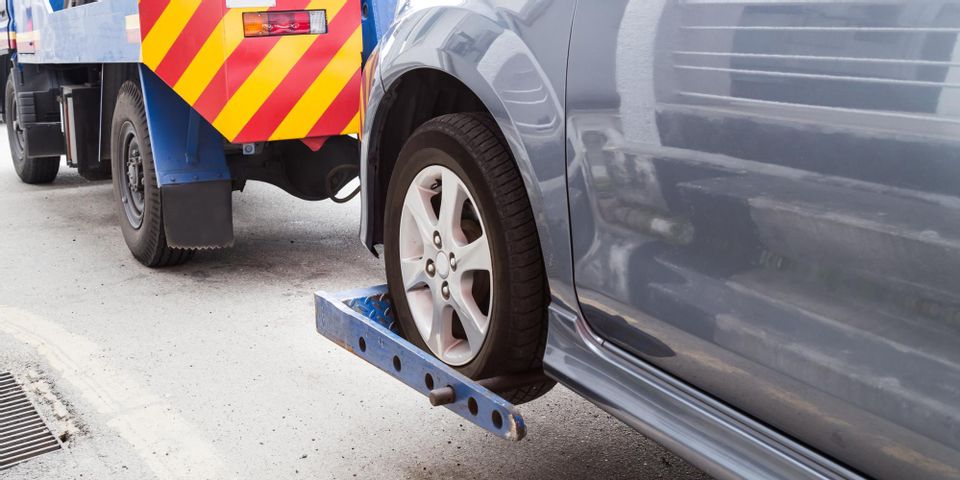
Both chapter 7 and chapter 13 bankruptcy can help consumers achieve much-needed debt relief. If you're about to fall behind on car payments or already have, bankruptcy may be a viable option for obtaining a clean slate, but you may be more concerned with issues such as repossession. Here are the answers to some of the most frequently asked questions about vehicle repossession in Georgia.
FAQ About Car Repossession
When can my vehicle be repossessed?
Lenders are typically permitted to repossess a vehicle as soon as the borrower defaults on the note. Leasers are also entitled to take back a vehicle if a lessee falls behind on payments. Since it’s easier for banks to work with borrowers before resorting to repossession, though, the contract may include a slight grace period. For example, you may simply be charged a late fee if you can catch up on payments in a matter of weeks.
How can it be legal for the bank to take my personal property?
 As long as you have a loan on your vehicle, you don’t actually own it. Instead, the bank holds the title. As such, they're entitled to take back the property if you violate the terms of the agreement. However, there are certain rules they must follow when repossessing a vehicle.
As long as you have a loan on your vehicle, you don’t actually own it. Instead, the bank holds the title. As such, they're entitled to take back the property if you violate the terms of the agreement. However, there are certain rules they must follow when repossessing a vehicle.
What happens during repossession?
In Georgia, lenders, or the third parties they hire, cannot “breach the peace” when repossessing a vehicle. In other words, they cannot break into a garage or move other vehicles out of the way to access the car. They can, however, tow the vehicle from public or private property (including your driveway) at any time without notice. If you attempt to hide the vehicle or take measures to ensure they would have to breach the peace to tow it, you could face criminal charges.
How can I get my car back?
Following repossession, the lender may sell or auction off the vehicle. If the sale does not cover the balance of your loan, they can sue you for the difference; however, they must notify you of their intent to pursue a deficiency within 10 days of taking the vehicle and inform you of your right to redeem it by paying off the loan. If you can't pay off the loan but you declare chapter 7 or chapter 13 bankruptcy before the sale, you may still be able to get the car back by working out a new arrangement.
If you’re at risk of losing your car because you’ve fallen behind financially, turn to William S. Orange III, Attorney at Law. Located in Brunswick, GA, this firm focuses solely on debt relief. As such, they’re well-versed in the laws pertaining to bankruptcy, foreclosure, and repossession. To learn more about their commitment to counseling clients with compassion, honesty, and integrity, visit their website. To schedule a consultation and determine whether you qualify for chapter 7 or chapter 13 bankruptcy, call (800) 310-8828.
About the Business
Have a question? Ask the experts!
Send your question

